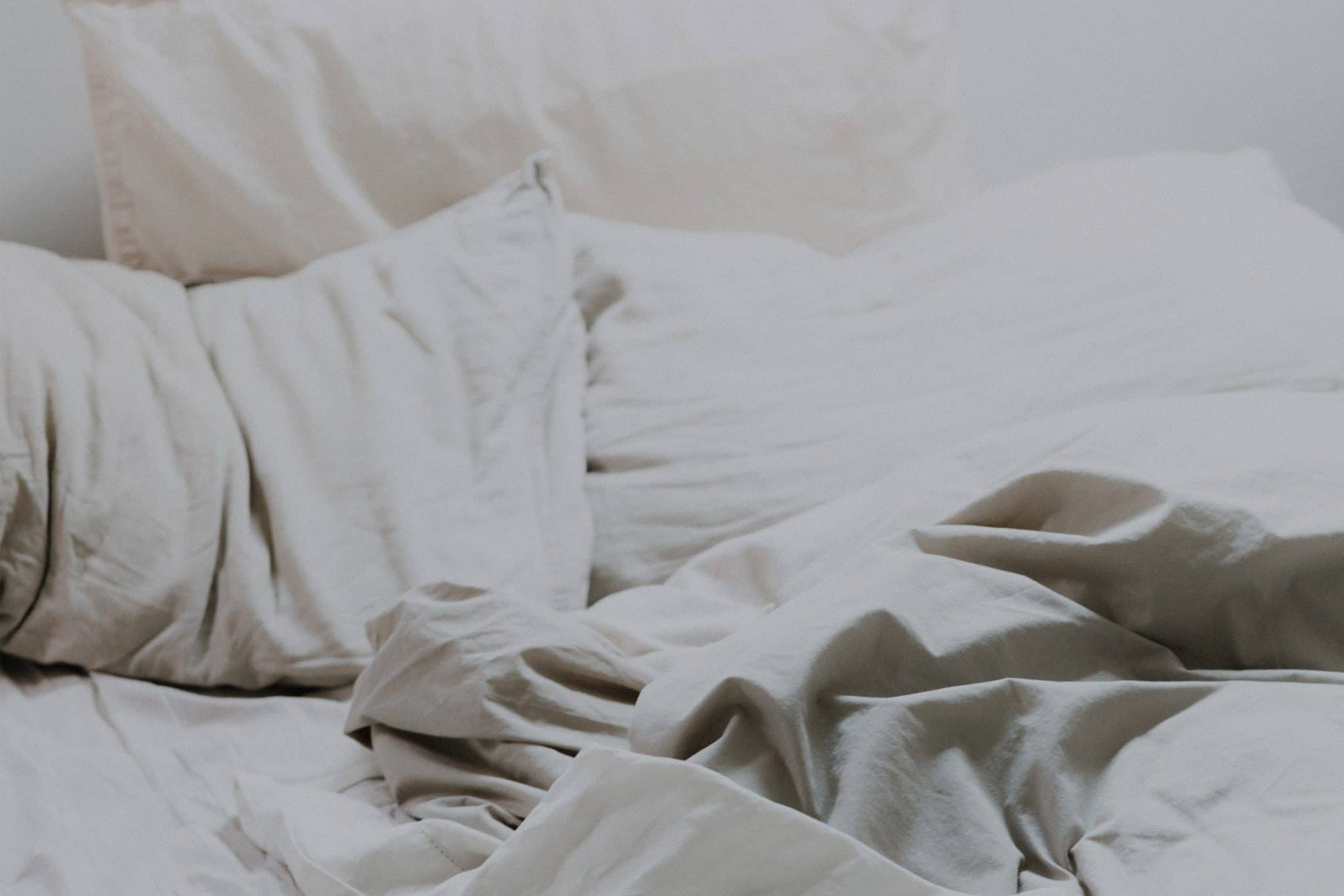Sleep is much more important than we think and yet somehow we never get enough of it. It impacts our health and wellbeing. For some, falling asleep comes easy while for others not so much. If you experienced trouble falling asleep or staying asleep, fear not! You’ll be happy to know that with some lifestyle and habit changes, you can significantly improve your sleep.
-
Avoid consuming too much caffeine
This one might be a no-brainer, but having coffee before bed will make it difficult for you to fall asleep. Caffeine can be found in many other things besides just coffee, for example in soda, tea or chocolate. So you have to be mindful of what you’re consuming before bed. Even having an early afternoon coffee can contribute to trouble falling asleep later in the evening.
-
Avoid your phone
We are all guilty of endlessly scrolling before bed. Whether it’s because we have anxiety about tomorrow or because we can’t fall asleep, using our phones in bed can seriously impact the quality of our sleep. The blue light emitted by our phones can suppress melatonin production, therefore actually making it more difficult for us to fall asleep. You should try to stop using your phone an hour or two before bedtime. If you need to use it, put a warm setting on it so the blue light is not impacting melatonin production. You can adjust the setting of your phone in the settings section under night shift.
A better idea also might be turning on some soothing music to help you fall asleep instead of reaching for your device.
-
Take a warm, relaxing bath
A big part of why we can’t fall asleep is because our minds are overstimulated and unable to wind down.There’s nothing more relaxing than a warm bath before bed. It can really help you wind down and relax, preparing you for a restful sleep. Incorporate a warm bath into your nighttime ritual and you will notice that it will help your mind wind down and prepare for sleep.
-
Meditate
What often keeps us up at night is stress. Meditation has proven to significantly improve sleep quality, while working against stress. It helps calm breathing, slows our brain waves, reduces heart rate and blood pressure. Add a quick meditation to your bedtime ritual and you’ll find that your mind will be much more rested and ready for sleep.
If you’re not sure where to start or are new to mediation follow our meditation for beginners.
-
Don’t eat big meals before bed
You should try to avoid heavy or big meals before bed, but you also shouldn’t go to bed hungry. Of course you can eat in the evening but try to avoid doing it close to bedtime. If you’re having a big meal, stick to eating no less than 4 hours before bed. If you’re eating close to bedtime stick to light meals like turkey, bananas and milk. A warm cup of milk is still the secret that works for catching z’s.
-
Avoid naps
We all are guilty of falling asleep while watching TV. But taking naps during the day can interfere with our nighttime sleep.
Limit your naps to 1 hour and try not to nap close to bedtime.




